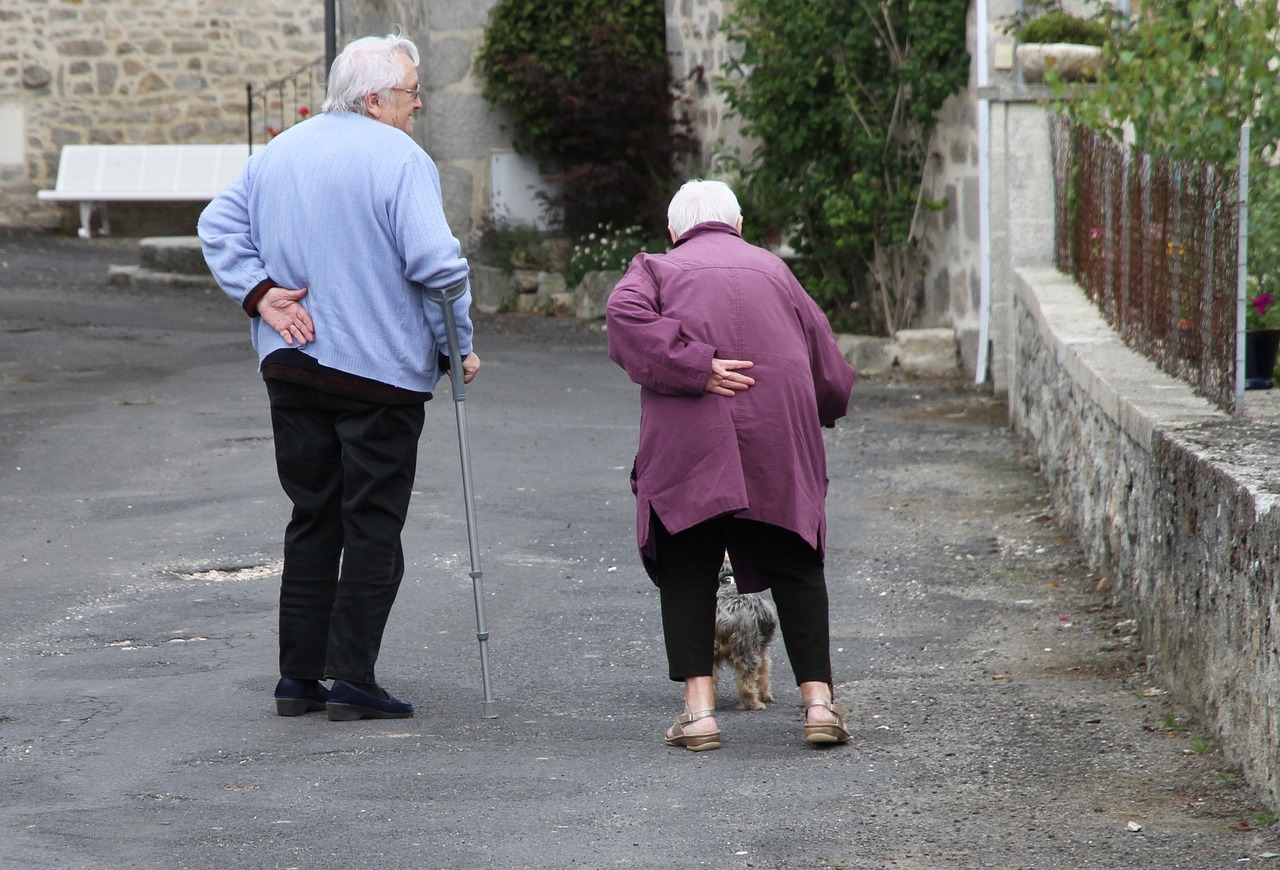As people age, they become more vulnerable to neglect, abuse, and exploitation. Ensuring their safety, dignity, and overall well-being is a moral and legal responsibility that society must not overlook. With an increasing elderly population in the United States, it is critical to understand the legal options available to protect seniors, especially in cases where their rights are violated or their care falls short of acceptable standards.
Understanding Elder Abuse and Neglect
Elder abuse encompasses physical, emotional, sexual, and financial harm inflicted on older individuals. It can occur in various settings, including nursing homes, assisted living facilities, or even at home by trusted caregivers or family members. Neglect, often a more passive form of abuse, includes the failure to provide essential care such as food, hygiene, medical attention, or a safe environment.
Signs and Symptoms of Elder Abuse
Recognizing the signs of elder abuse can be challenging, particularly when seniors are reluctant or unable to speak out. Some warning signs include:
- Unexplained bruises, cuts, or broken bones
- Sudden changes in behavior or mood
- Poor hygiene or untreated medical conditions
- Unusual financial transactions or missing funds
- Fearfulness or withdrawal in the presence of certain individuals
If any of these signs are observed, it is vital to take immediate steps to investigate and protect the individual in question.
The Role of Elder Law in Protecting Seniors
Elder law is a specialized area of legal practice that focuses on issues affecting older adults, including long-term care, guardianship, retirement, healthcare, and abuse prevention. Understanding elder law empowers families and caregivers to make informed decisions and advocate for the rights of their loved ones.
The American Bar Association provides valuable resources on elder law and highlights why this field is essential for those with aging family members.
Legal Remedies for Victims of Elder Abuse
When elder abuse occurs, legal action can serve as a powerful means of ensuring accountability and securing justice. Several avenues may be pursued, depending on the nature and severity of the abuse:
Civil Litigation
Victims or their families can file a lawsuit against the individual or institution responsible for the abuse. Civil cases can seek compensation for pain, suffering, medical bills, and other damages. They also bring public attention to the issue, potentially preventing future incidents.
Criminal Prosecution
In severe cases, such as physical or sexual abuse, criminal charges may be brought against the perpetrator. Prosecutors may pursue charges ranging from assault to manslaughter, depending on the circumstances.
Adult Protective Services (APS)
APS agencies operate in every U.S. state and are tasked with investigating reports of elder abuse. They can take protective actions, including removing victims from harmful environments or appointing guardians when necessary.
The Importance of Legal Representation
Having knowledgeable and compassionate legal representation can make a significant difference in elder abuse cases. Law firms that specialize in elder law and personal injury can help navigate complex legal systems, gather evidence, and advocate effectively on behalf of the elderly.
One notable firm that provides such representation is Arias Sanguinetti Trial Lawyers, known for handling cases involving elder neglect and abuse with both professionalism and empathy.
Empowering Family Caregivers Through Support and Education
Caring for an aging loved one can be rewarding but also immensely stressful. The physical, emotional, and financial strain can lead to caregiver burnout, which may inadvertently contribute to neglectful behavior. Providing support and resources to caregivers is a proactive way to prevent elder abuse.
A thoughtful guide outlines strategies for reducing caregiver stress, such as:
- Seeking respite care to prevent exhaustion
- Building a support network
- Utilizing elder care planning services
- Attending educational workshops on caregiving
By recognizing the needs of caregivers, we can create healthier environments for seniors and reduce the likelihood of neglect.
Holding Institutions Accountable
Elder abuse in nursing homes and care facilities is a systemic issue that requires both legal enforcement and institutional reform. Inadequate staffing, poor training, and cost-cutting measures often lead to substandard care. Legal action can force institutions to improve conditions and adhere to higher care standards.
Advocating for Policy and Legislative Change
In addition to individual legal cases, systemic change is necessary to better protect seniors. Advocating for stronger elder abuse laws, mandatory reporting requirements, and increased funding for APS agencies can create a broader framework of protection. Community involvement, awareness campaigns, and lobbying efforts all play vital roles in driving legislative change.
Choosing the Right Legal Resources
If you or a loved one is considering legal action due to elder abuse or neglect, it’s crucial to select a law firm with experience, integrity, and a track record of success. Detailed information on elder law attorneys can be found on platforms, which helps individuals find legal professionals who specialize in this field.
Questions to Ask a Potential Attorney:
- What experience do you have with elder abuse cases?
- What are the expected costs and outcomes of pursuing legal action?
- How do you handle sensitive cases involving cognitive decline or limited capacity?
- Will your firm help coordinate with social services or medical professionals?
An informed decision about legal representation can make all the difference in achieving justice and safeguarding future well-being.
Conclusion
Taking legal action is not just about compensation—it is about ensuring dignity, respect, and justice for our elders. As society continues to age, protecting the rights of older adults must remain a top priority. Through a combination of legal advocacy, caregiver support, and community vigilance, we can create a world where seniors live safely and with the dignity they deserve.





